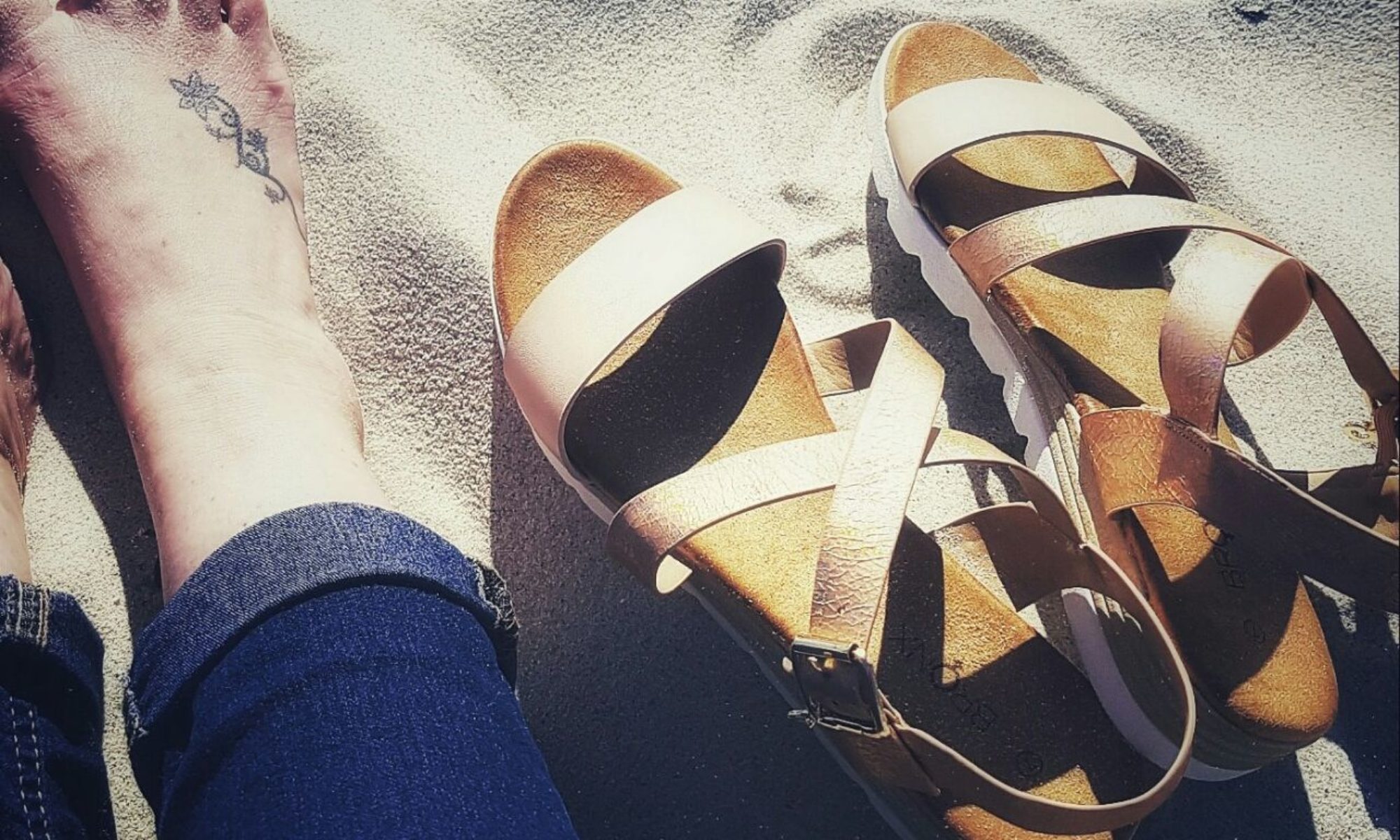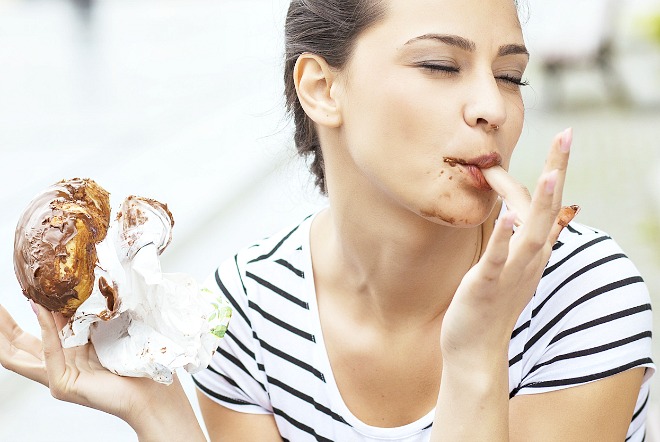As you well know by now, both my little girl and I suffer from eczema. Eczema is a condition that I’ve lived with my whole life.
There are two main types of eczema or dermatitis.
The first is Contact Eczema. In this case skin inflammation is caused by a trigger or irritant from outside the body. This can be anything from grass, fabric softener to sea water (as in my case). This type of eczema can be controlled to a certain extent if care is taken to avoid these triggers.
Atopic Eczema is the real bugger. In my opinion at least! This is caused by a problem from within the body. Cara’s eczema will flare up if she eats foods that contain dairy or eggs, therefore she does not eat those foods at all. My poor child. My eczema will flare up when I have hay fever, when I drink too much white wine, when I am stressed… not quite so easy to control. I know I can cut out the wine, but let’s stick to the point of this post ;)
It seems that my husband has developed a mild case of Psoriasis. Luckily the flare-ups have been few and far between. We only realised that it is Psoriasis as his late father suffered from the condition.
How do you tell the difference between these skin conditions? I found the below article on Skin Online and I thought that you may find it of use. Original article can be found over HERE.
Skin Conditions: Psoriasis vs Eczema
Skin conditions such as Psoriasis and Eczema are often confused or even referred to as the same thing, this, however, is not true at all.
Let’s explore the differences between Psoriasis and Eczema
Psoriasis is characterised unpredictable flare up’s which consist of an over production of skin cells resulting in irritated red patches with a silvery crust , here are a few things to look our for:
Psoriasis is often found on the knees, elbows, palms or scalp, it is accompanied by painful dry silvery scales and inflammation. The skin usually remains red, dry and doesn’t normally have any oozing or breaks in the skin. Psoriasis in more common in adults and is usually the result of either a compromised immune system or possibly hereditary.
Eczema on the other is a term used to explain a group of conditions which cause the skin to become inflamed or irritated and is often linked to secondary allergic conditions, such as asthma and hay fever. One huge point of difference is that no matter which part of the skin is affected, eczema is always itchy and often the itching will start before the rash even appears.
Here are a few things to look out for with eczema: Found on back of knees, hands, cheeks,chin and inside of the elbows.
It is usually found on the back of knees, hands , cheeks,chin and inside of the elbows, it proves to be extremely itchy. Often it is accompanied by oozing, crusty sores, thickened skin and pimple like breakouts, which start from early infancy or childhood. This condition usually flares up in response to external factors such as sun , grass and detergents or cosmetic preparations.
In order to treat a skin condition, it is important to determine what is the root cause of the concern, in order to treat these conditions holistically it is best to consult a functional medicine doctor.
It is through function medicine that you will be able to treat the ‘actual’ cause of the conditions, through correct diagnosis, medication , lifestyle changes and nutraceutical support. Always consult your healthcare practitioner, do not self-medicate.
I really hope that you found this useful!
xoxo


